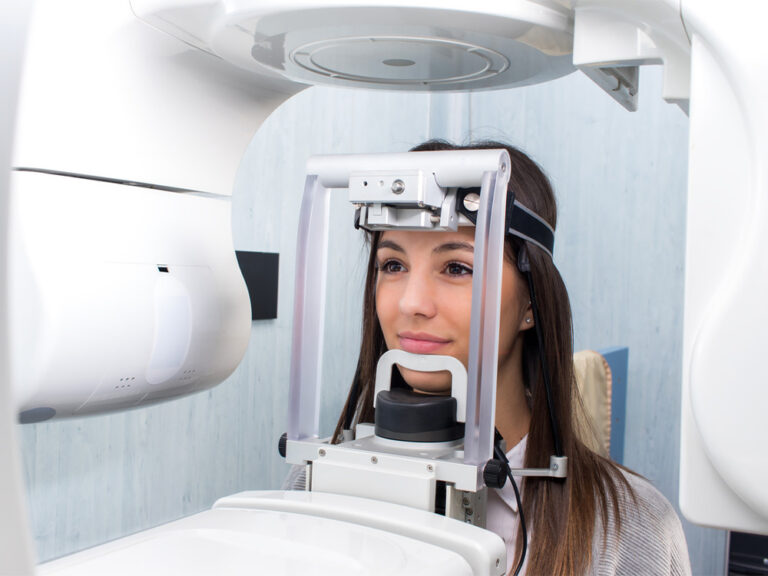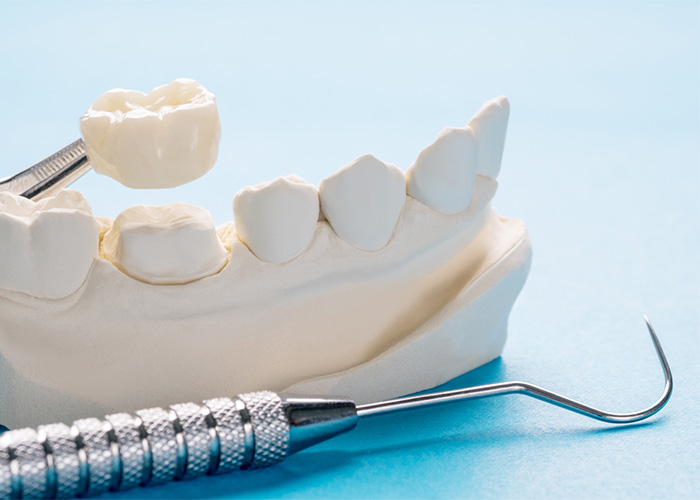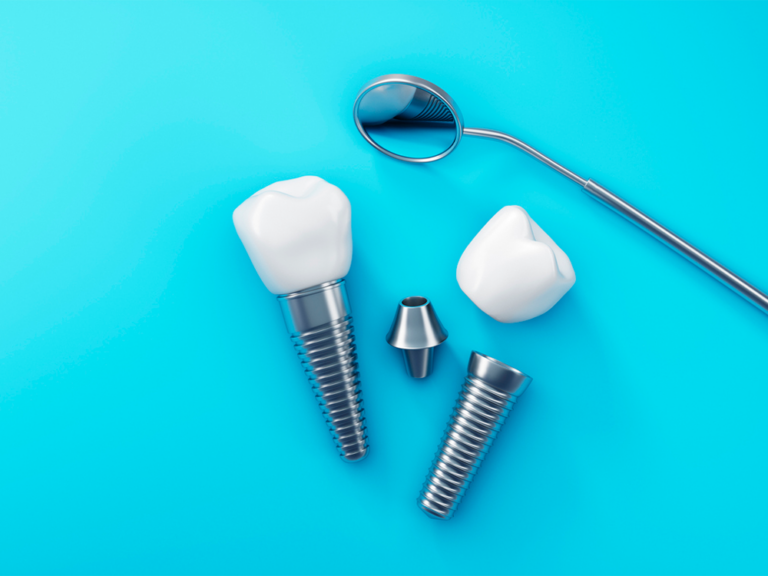Can You Brush Your Teeth After A Tooth Extraction?
Are you unsure of what the do’s and don’ts after a tooth extraction? Read our latest blog to learn more about the process and aftercare.

Are you unsure of what the do’s and don’ts after a tooth extraction? Read our latest blog to learn more about the process and aftercare.

Dental savings plans are a great alternative for people without dental insurance. See how to choose the one that’s right for you.

Having x-rays taken of your teeth is considered routine in many dental offices. However, many people are worried about the use of radiation to get these images. Join us as we dive into the safety of dental x-rays.

Dental crowns offer restoration and strength for damaged teeth, plus an improved look; however, they can be costly and require a lot of time. Consider all pros and cons before deciding if a crown is right for you.

Dental implants are used to support the replacement of a single tooth or multiple teeth depending on the individual’s requirements and condition. Reading about the pros and cons of the process may help you decide if dental implants are right for you.
6446 W. 127th Street, Suite #1
Palos Heights, IL 60463
View Map
Monday 10:30am–6:30pm
Tuesday 8:00am–4:00pm
Wednesday (every other) 9:30am–5:30pm
Thursday 10:30am–6:30pm
Friday (every other) 8:00am–1:00pm